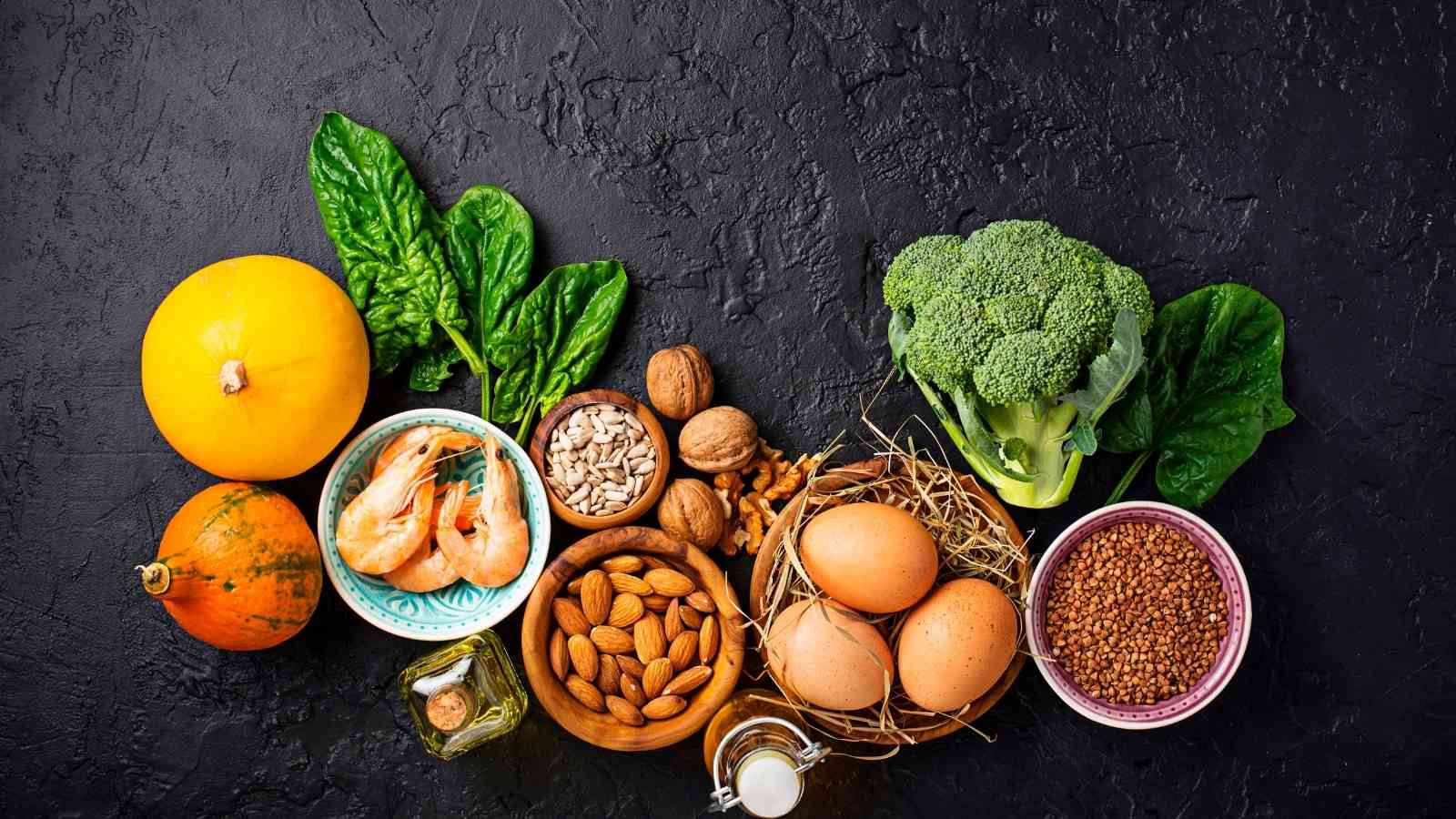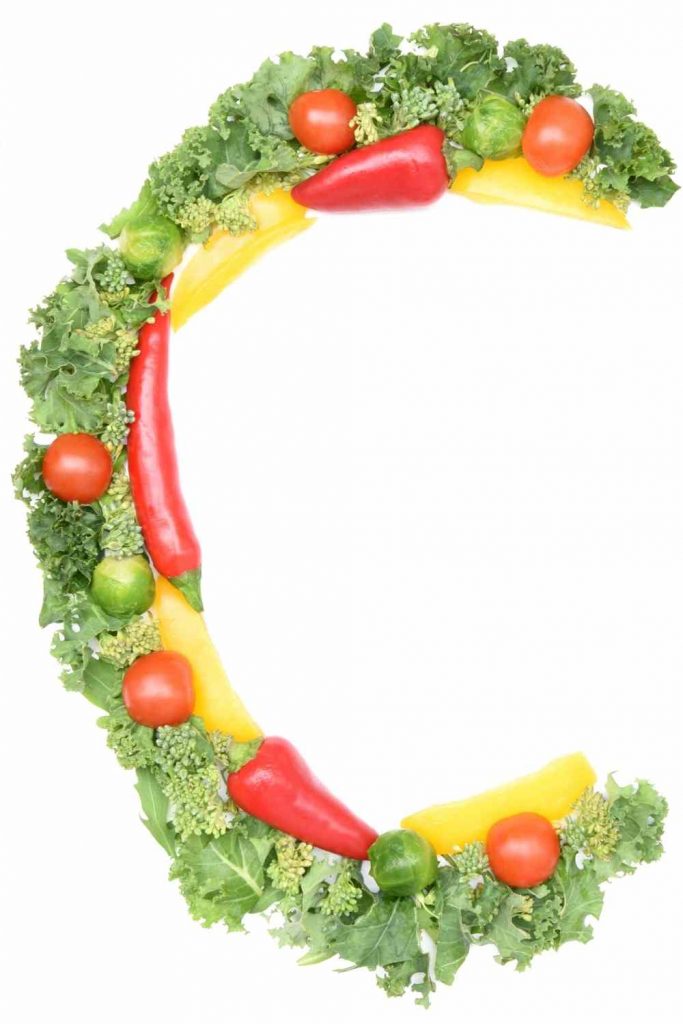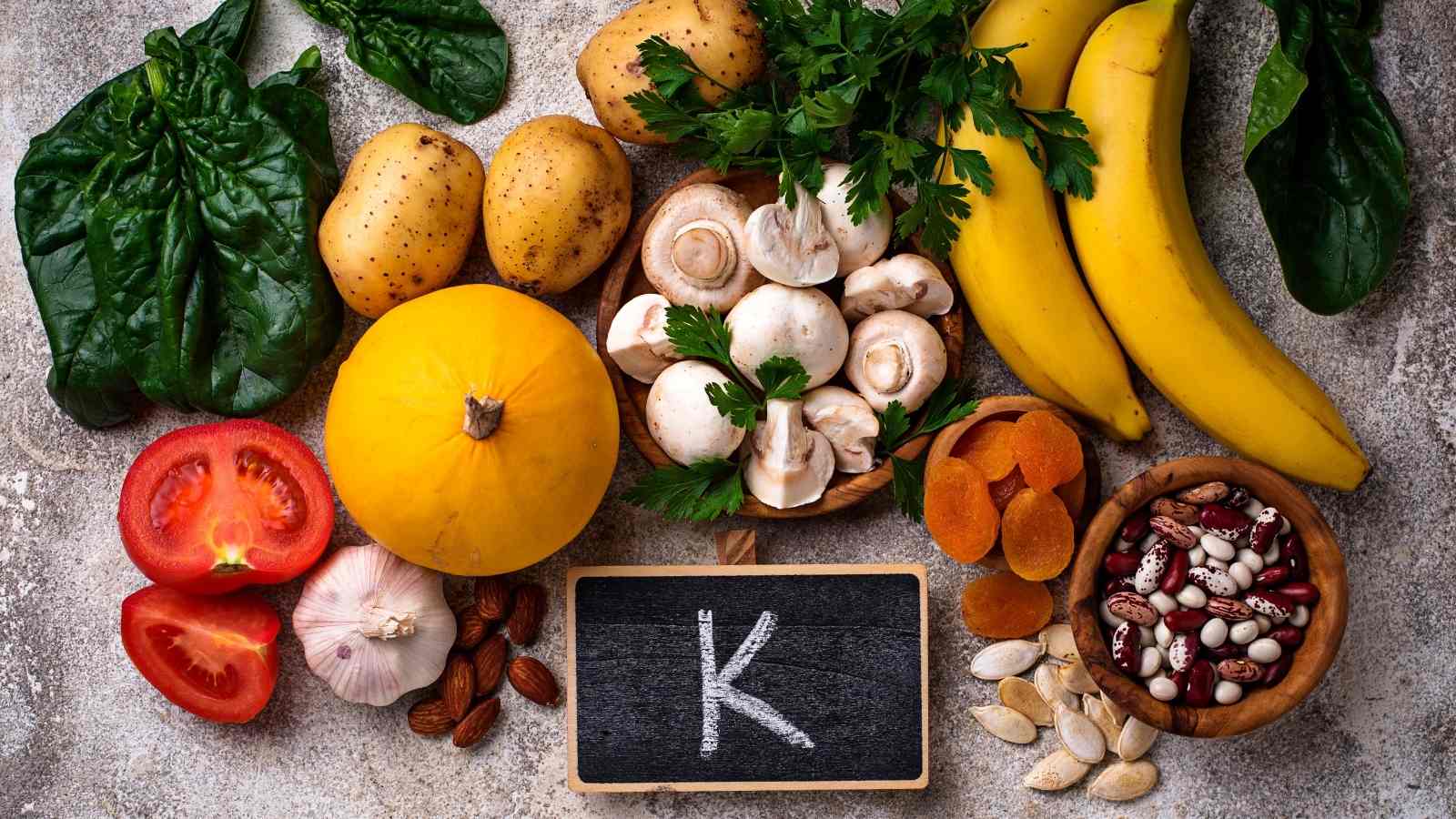Vitamins and minerals, along with other nutrients like proteins, carbs, and dietary fats, help our bodies develop and flourish. Each of these ten vital vitamins and minerals contributes to our general health in distinct ways. According to the National Institutes of Health's Dietary Supplements fact sheets, most of us acquire what we need from our regular meals, with different foods offering different vitamins and minerals. Some individuals, however, may have problems that need vitamin or mineral supplements in addition to their regular diet.

Jump to:
1. Vitamin A
Vitamin A is necessary for the correct functioning of your heart, lungs, liver, and other organs. It's also known as beta-carotene and is beneficial to the reproductive, visual, and immunological systems.
Beef liver, salmon, broccoli, carrots, squash, green leafy vegetables, melons, apricots, mangoes, dairy products, and fortified cereals are all good sources of vitamin A.
2. Vitamin B
B1 (thiamin), B2 (riboflavin), B3 (niacin), B5 (pantothenic acid), B6 (pyridoxine), B7 (biotin), B9 (folate), and B12 (cobalamin) are the eight important B vitamins (cobalamin).
They're all involved in the conversion of carbs, lipids, and proteins to energy. For cell formation, growth, and function, many B vitamins are required.
If you're old, have had gastrointestinal surgery, have a gastrointestinal condition, or misuse alcohol, you may need additional B vitamins. According to the American Pregnancy Association, women who are pregnant, nursing, or planning to become pregnant may need additional B vitamins, especially folate, which has been found to reduce birth abnormalities. B12 deficiency affects up to 15% of the population. If you have pernicious anaemia or are a vegan or vegetarian, you may need additional B12.
Meat, chicken, fish, organ meats, eggs, legumes, seeds, nuts, whole grains, and fortified cereals, breads, and pastas are all good sources of vitamin B.
3. Vitamin C
Vitamin C, also known as ascorbic acid, improves iron absorption from plant-based diets and supplements and stimulates the immune system. Vitamin C protects our cells from free radical damage since it is an antioxidant. It also helps our bodies generate collagen, which assists wound healing.

Because it takes more vitamin C for your body to repair the cell damage produced by free radicals in cigarette smoke, smokers need 35 more mg of vitamin C per day than non-smokers.
Citrus fruits and juices, kiwi fruit, red and green peppers, strawberries, cantaloupe, broccoli, brussels sprouts, tomatoes, tomato juice, and baked potatoes are all good sources of vitamin C. (cooking it this way, with the skin on, retains the folate, B6 and vitamin C.)
4. Vitamin D
Vitamin D helps our bodies absorb calcium from diet and supplements, resulting in healthy bones. It also improves the immune system's performance.
Supplements may be needed by persons who avoid the sun or use sunscreen to prevent skin cancer, as well as those who have a malabsorption illness (such as Crohn's or celiac disease), in which the body has difficulties absorbing nutrients.
Vitamin D isn't naturally present in a lot of foods. Vitamin D is often known as the "sunshine vitamin" since most of it is absorbed via our skin from the sun. Salmon, tuna, mackerel, beef liver, egg yolks, mushrooms, and fortified dairy and nut milks and cereals are all high in vitamin D.
5. Vitamin E
Vitamin E shields our cells from free radicals, strengthens our immune system, and aids in the prevention of blood clots.
Sunflower, safflower, and wheat germ oils, sunflower seeds, almonds, peanuts, spinach, Swiss chard, avocados, and butternut squash are all good sources of vitamin E.
6. Vitamin K
Vitamin K is required for blood clotting and bone health. If you've undergone bariatric surgery to reduce weight or have a malabsorption condition, you may require additional vitamin K.

Spinach, kale, lettuce, broccoli, soybeans, blueberries, figs, pork, cheese, eggs, and vegetable oils are all good sources of vitamin K.
7. Calcium
Calcium makes up over 99 percent of the body's calcium, which is essential for structural support in bones and teeth. The rest is found in the blood, muscles, and intracellular fluids, where it plays an important role in a variety of metabolic, neurological, and muscular processes. Calcium supplements are most often needed by postmenopausal women (who have an increased risk of osteoporosis) and persons who do not eat dairy products (a key source of calcium).
Dairy products (including milk, cheese, and yoghurt), fortified non-dairy milks (such almond, soy, and rice milks), fortified orange juice, sardines with bones, tofu (if made with calcium), collard greens, kale, and broccoli are all good sources of calcium.
8. Iron
Iron is required for the formation of red blood cells, particularly haemoglobin, a protein that binds oxygen and transports it via the blood from the lungs to the cells throughout the body. Because the iron in plant-based foods is less accessible to the body than the iron found in animal products, vegetarians must ingest almost twice as much iron each day. Supplements may also be required for pregnant women and those with iron deficiency anaemia.

Meat (particularly red meat and liver), shellfish, lentils, beans, tofu, cashews, and broccoli are all good sources of iron.
9. Magnesium
Magnesium is required for the activity of over 300 enzymes that govern a variety of bodily functions, including muscle and neuron function, heart rhythms, and glucose regulation. Supplements may be required for older folks and diabetics.
Almonds, spinach, cashews, peanuts, beans, potatoes, brown rice, dairy products, oats, poultry, beef, and broccoli are all good sources of magnesium.
10. Zinc
Zinc is a necessary mineral for appropriate growth and development throughout pregnancy and infancy, as well as for immunological function. Because the zinc present in plant-based diets is less accessible to the body than that found in meat and fish, vegetarians may require supplements as well.
Red meat, poultry, seafood (particularly oysters, lobster, and clams), dairy products, whole grains, legumes, and nuts are all good sources of zinc.
To learn more about supplements, speak with your pharmacist. In large quantities, certain vitamins (such as vitamin E) may be harmful, while others can interact poorly with other drugs or medical treatments.




